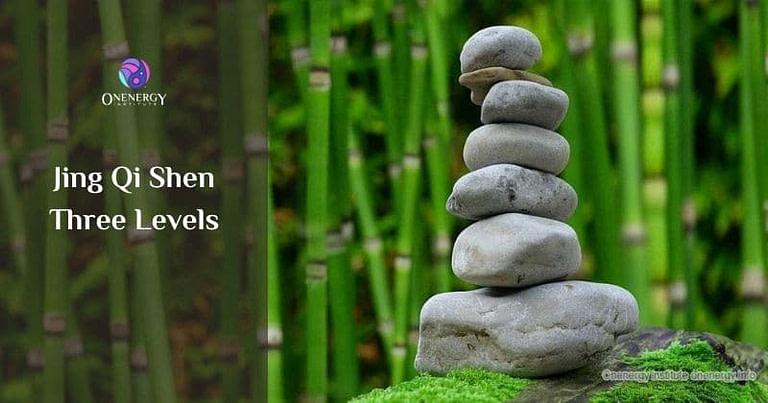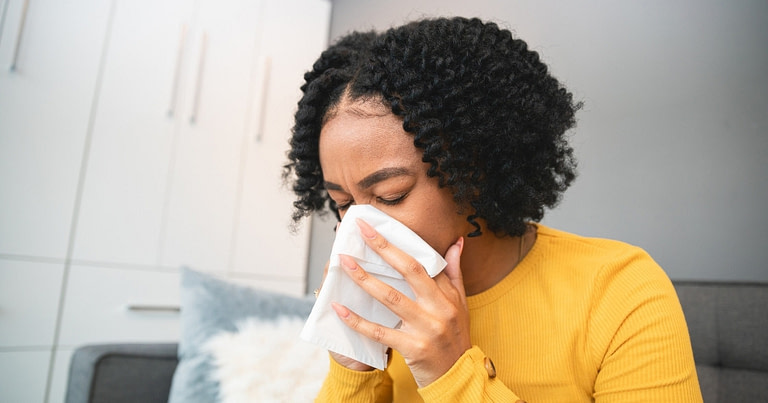Self Care Guide for Stress and Anxiety Relief
Nowadays, people are stressed about anything and everything: job, money, relationship, etc. Before discussing how to relieve stress and anxiety, you need to understand how stress and anxiety happens in the first place.
You experience stress whenever your body and mind senses danger of any kind, whether it is real or imagined. This is because your nervous system has difficulty recognizing the difference between a physical threat and something that is just an emotional threat.
Stress, your natural defence system
When stressed, your nervous system will react as though you are in a life or death situation. It prepares itself by activating the fight or flight reaction or stress response. This involves releasing stress hormones into your body that cause you to start pumping blood faster, tightening your muscles, and heightening your senses and focus.
This makes your body better equipped to fight or run away from whatever danger it senses, which is helpful in a life or death situation. However, when you aren’t in a life or death situation, stress will only have a negative impact on your overall health.
Constant stress attack impact your health
Every time you get stressed, your body will become more accustomed to the stress, causing you to experience stress more frequently and believing it is normal. When you are constantly stressed, you will be at risk of experiencing heart diseases, heart attacks, and stroke due to the increased blood pressure from the stress response.
Other problems caused by stress include sleep difficulties, weight gain, digestive issues, and autoimmune diseases. You will also be at an increased risk of mental health problems such as anxiety, depression, and memory loss problems.
When stressed, you might also have difficulty concentrating, increased irritability and frustration, constant worrying and anxious thoughts, difficulty thinking positively, loneliness and overwhelmed, and increased irrational or poor decision making.
How to self-care to avoid stress and anxiety
There are many ways to deal with stress. Stress and anxiety relief activities include taking a nap, eating fruits and vegetables, talking to a friend, or doing a workout. You can also relieve stress through meditation and becoming mindful of your inner state of being.
There is a reason why you would get stressed over something that isn’t physically dangerous to you, and it is hidden in your subconscious. If you can confront those triggers (feelings or memories that cause you stress), then you can improve how you handle stress in the future or even avoid getting stressed entirely. This is where Qigong comes in.
The benefits of Qigong for stress and anxiety relief
Qigong has been an ancient Chinese practice for centuries to promote physical and mental wellbeing. It is a form of exercise that combines gentle movements with breathing techniques and meditation. Multiple studies have proven that qigong will reduce stress levels and improve overall physical and mental health in its practitioners.
The practice of Qigong involves a series of slow, gentle movements designed to encourage relaxation and balance. These movements are often accompanied by deep breathing and visualization techniques.
The movements are designed to help the practitioner become more mindful of their body and energy. This means Qigong is not meant to be practiced as a physical workout but rather an activity for the mind and body to work together in harmony.
Qigong reduces stress by helping you relax the whole body. The gentle movements and breathing techniques help to relax the nervous system and mind, allowing the practitioner to let go of any tension or stress they may be feeling.
This also helps you to gain awareness of any subconscious thoughts and emotions you haven’t known about before that could trigger your stress.
By relaxing the mind (4 steps to relax the body and mind), Qigong can help clear the mind of these negative thoughts and emotions which will also help improve mental health and clarity. This relaxation is beneficial for lowering stress and anxiety levels as well as improving concentration.
Finally, Qigong can also improve physical health. The gentle movements and breathing techniques can help to improve blood and energy circulation, reduce tension, and improve flexibility. This counteracts the muscle tension and blood pressure that is built up from stress and also improves your capacity for physically demanding tasks and boosts your immune system.
You can refer to What is Qigong for more details about Qi and Qigong.
Deal with the root causes of stress
In conclusion, stress is unhealthy for your body because of the many physical and mental health complications it causes. Learning and practicing Qigong will help you manage your emotions and improve your overall well-being.
Qigong practice involves gentle movements, deep breathing, and visualization techniques that help you relax the body and mind, allowing you to become aware of potential triggers and inner struggles that you need to confront. Thus, deal with the root causes of stress and anxiety and overcome them.
By practicing for just a couple of minutes every day, you will find significant improvements to your overall physical and mental health. Qigong is easy to learn and accessible to everyone through our innovative qigong App. If you are new to Qigong and want to learn more, you can start with the beginner guide to Qigong.







